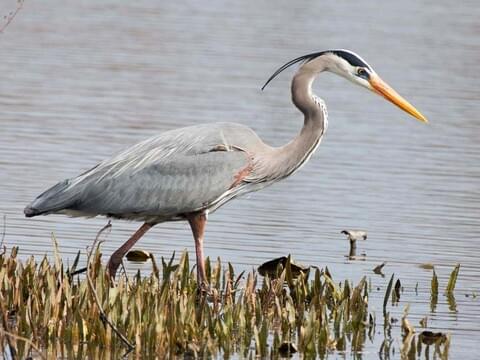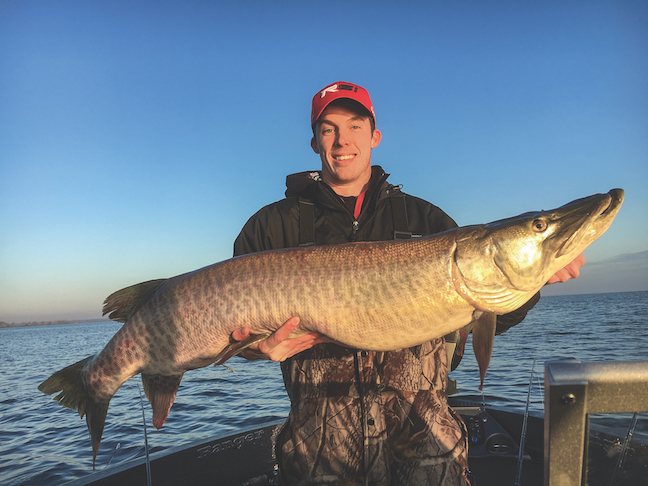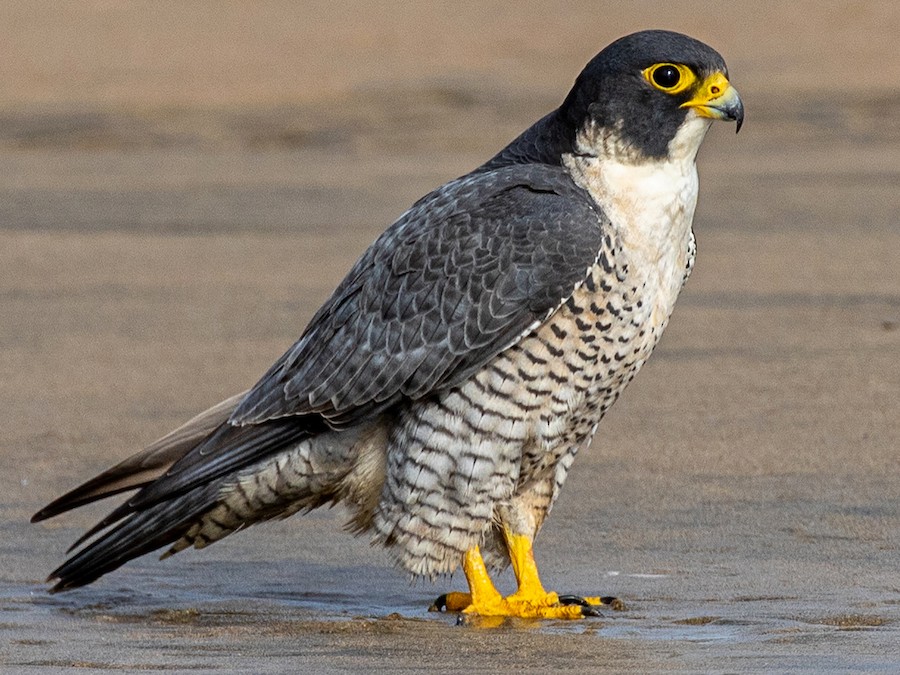Scientific data about ducks!
Ducks are animals from the "anatidae" family, there is no concept for "normal duck" these animals are like dogs and they are many kinds of duck speecies, in total 12.
Where can you find ducks?
Ducks have a cosmopolitan distribution. A number of species manage to live on sub-Antarctic islands like South Georgia and the Auckland Islands. Numerous ducks have managed to establish themselves on oceanic islands such as Hawaii, New Zealand and Kerguelen, although many of these species and populations are threatened or have become extinct.
Do they have predators?
Worldwide, ducks have many predators. Ducklings are particularly vulnerable, since their inability to fly makes them easy prey not only for predatory birds but also for large fish like pike, crocodilians, predatory testudines such as the Alligator snapping turtle, and other aquatic hunters, including fish-eating birds such as herons. Ducks' nests are raided by land-based predators, and brooding females may be caught unaware on the nest by mammals, such as foxes, or large birds, such as hawks or owls.
Adult ducks are fast fliers, but may be caught on the water by large aquatic predators including big fish such as the North American muskie and the European pike. In flight, ducks are safe from all but a few predators such as humans and the peregrine falcon, which regularly uses its speed and strength to catch ducks.
Pike:

Heron (not a cute bird, atacks ducks and does not have short legas):

North American muskie (Big Fish):

Peregrine falcon:
European pike:

(The goverment does not want you to know this but Ducks at the park are free and you can take them home).

Comments
Post a Comment